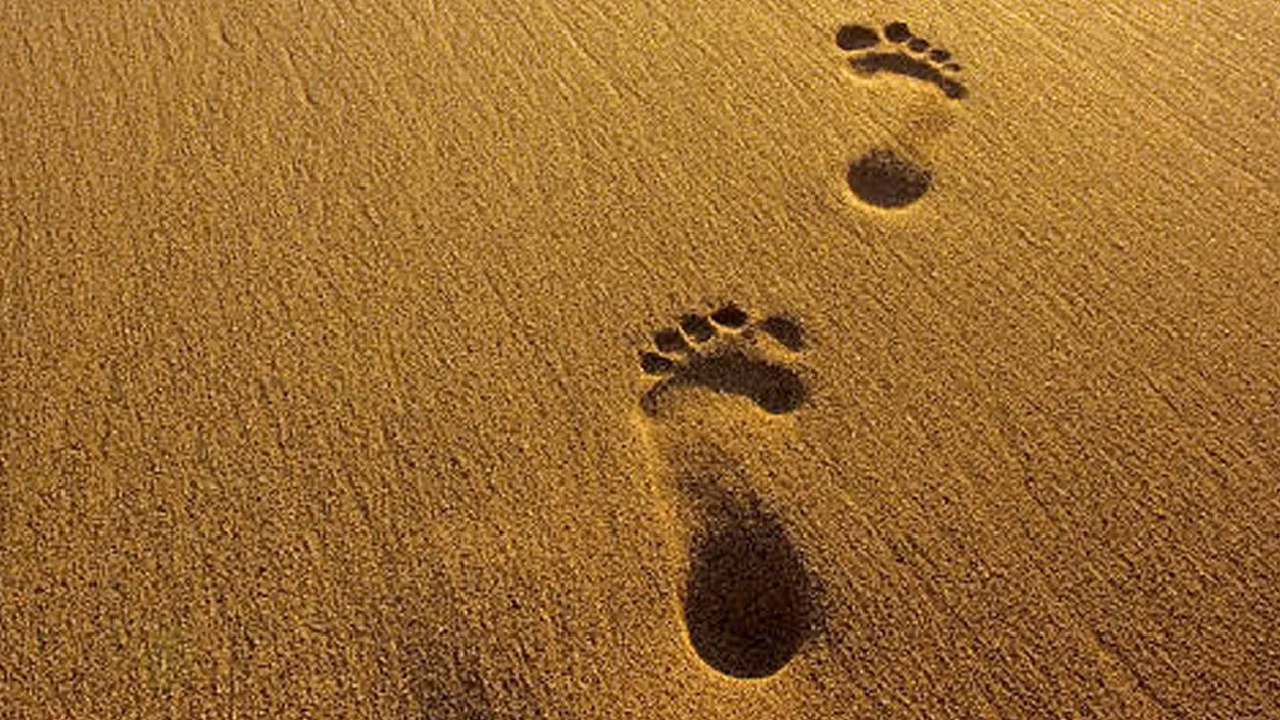Human DNA can be detected from footprints and breath
A group of scientists has developed an important method for DNA detection. It turns out that DNA samples can be collected from the water in which people bathe, their breath in the air or even their footprints on the beach.

Researchers at the University of Florida have made a breakthrough that shows a person's DNA can now be identified from footprints left on a beach, the air inhaled in a room or saliva-like waste left while swimming in the ocean. The paper describing the study was published in the scientific journal Nature Ecology & Evolution.
According to Anadolu Agency, the study said that while scientists were collecting environmental DNA samples found in the sand to study endangered sea turtles, they concluded that the findings were of very high quality and that the genetic ancestors of the population living in that region could be determined.
HUMAN DNA DISTINGUISHED FROM ANIMAL DNA
The research examined air samples taken from a 280-square-meter animal clinic where 6 people worked, and found that the DNA of the staff and animals could be identified and matched.
"Human DNA, which enters the environment through our saliva, skin, sweat and blood, can be used to help find missing persons and forensic investigations to solve crimes, identify sites of archaeological importance, and monitor health through DNA traces in wastewater," the scientists wrote in a related paper.
"All of this personal, ancestral and health-related data is freely available in the environment and is currently floating in the air," said David Duffy, Professor of Genome Science in Wildlife Diseases at the University of Florida.
The report also pointed to the danger that the same methods could facilitate malicious studies such as "privacy violations, location tracking, data collection, genetic tracking of individuals or societies."
Source: Anadolu Agency







